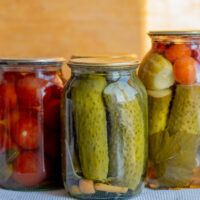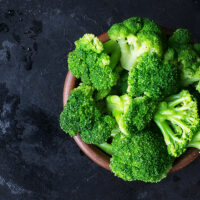
Nutritional dos and don’ts for breast cancer prevention
Of all the known types of cancer, one of the most commonly diagnosed types in women is that of the breast. This cancer type can be caused by a defect in one’s DNA as well as genetic mutations. While the occurrence of this condition is common among women, it can be rarely seen in men too. Herein, we discuss which nutritional changes can affect one’s vulnerability to breast cancer and the medications prescribed for treatment. Foods to eat Certain foods can improve one’s overall wellbeing and reduce their risk of developing breast cancer and other such diseases in the long run. Some such beneficial foods are, Leafy green vegetables Such vegetables contain important antioxidants such as beta carotene, lutein, and zeaxanthin. These nutrients fall under the category of carotenoids and are known to reduce the risk of breast cancer. Fatty fish Salmon, sardines, and mackerel are rich in omega-3 fatty acids, vitamin E, selenium, and important antioxidants. These nutrients protect the body from damage and help in repairing old ruptured cells. Thus, foods made with fatty fish can offer cancer-fighting benefits when included in one’s meal routine. Foods to avoid Certain foods can potentially increase one’s risk of developing breast cancer.
Read More. 














